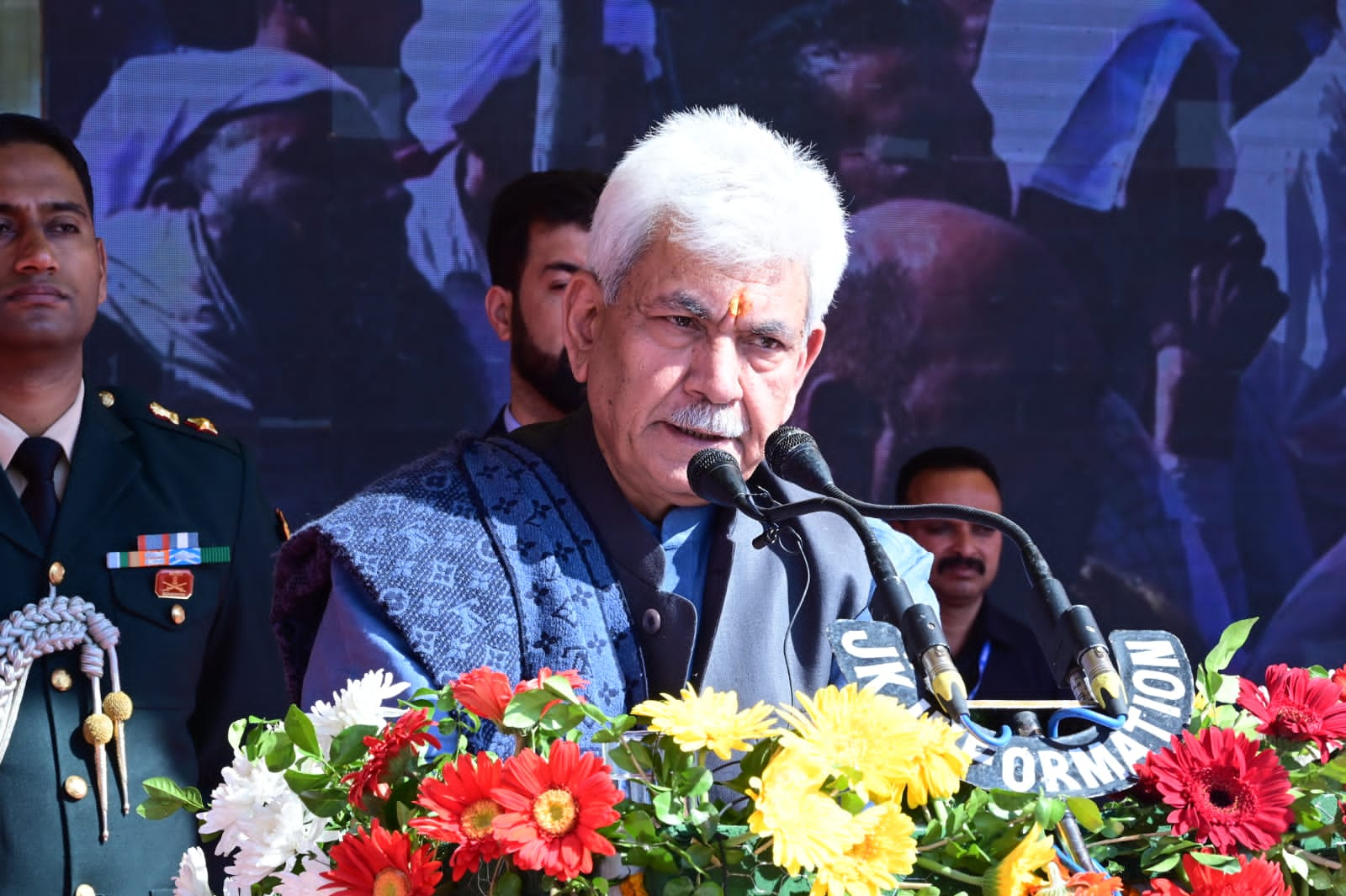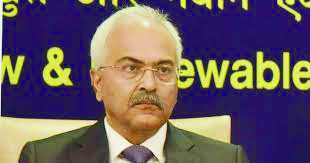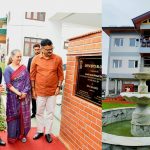Srinagar Dec 06: The High Court of Jammu & Kashmir and Ladakh Tuesday issued notice to Centre and J&K government in a fresh plea seeking discontinuation of words like “mentally retarded,” “sick,” “unfortunate,” “handicapped person,” “abnormal” etc. while referring to specially abled persons which as per the petitioner is “undignified and violative of Article 14,15 and article 21 of Indian Constitution.”
Observing that the specially abled persons be treated properly by the language recognized internationally, a division bench of Chief Justice Ali Mohammad Magrey and Justice Rahul Bharti directed the respondents to file response to the plea within two weeks.
“We expect that the respondents shall ensure full respect and honour to all citizens in terms of their personality without letting them suffer any impression that the society and State sees and address the physically and mentally challenged persons as liabilities carrying personalities and, as such, sensitivity has to be in full operation,” the bench said.
The court further directed all the government authorities to ensure expeditious recognition of the claim of the petitioner for the specially abled persons.
“We also hope and trust that the society as a whole shall recognize their rights as guaranteed under the Constitution,” the bench said.
The court also directed the respondents to ensure that the facilities as identified in the plea are provided and developed, if not, already existing.
The court was hearing a public interest litigation (PIL) filed by a lawyer, BadrulDuja seeking directions to the respondents along with general public to refrain from mentioning or referring specially abled persons as “mentally retarded, sick, unfortunate, handicapped person, abnormal, mental, poor, unfortunate person, crippled, deformed, mad person, dwarf, wheelchair bound, dwarf, albino, disabled, mongoloid, midget, deaf and dumb, troubled person” in official internal and external communications, judicial orders, notifications, circulars, newspapers, textbooks, and Court orders.
The case of the petitioner is that the respondents should use the language guidelines already introduced universally as prescribed and the list of words and their alternate words enumerated, mentioned, illustrated so that internal and external communications must be respectful physically as well as mentally.
He submitted before the court that across the world respectful language, disability communication, disability etiquette have been prescribed, mentioned and used during communications, pleadings, Judicial orders, academic writings, official work, educational textbooks, pamphlets, across public and private offices.
The petitioner also highlighted the difficulties faced by the specially abled persons while approaching the different offices and courts in the UT of J&K and UT of Ladakh
He submitted that it is very difficult to pursue the cases in the offices and Courts while having no facility of even constructed ramps, lifts, providing Wheelchairs along with Hand raised and special washroom facilities also.
In the light of submissions, the petitioner has sought a direction for suitably amending the laws, using the words mentally retarded in the Multiplicity Disability Act, 1999, as also some other laws on the subject.
He pleaded for a direction for declaring words such as mentally retarded used in Section 2(g) of The National Trust for welfare of persons with autism, cerebral palsy, mental retardation and Multiple Disabilities Act 1999 as violative of Article 14, 15 and article 21 of Indian Constitution.
The petitioner has further sought a direction for declaring words such as mentally retarded, sick, unfortunate, handicapped person, abnormal, mental, poor, unfortunate person, crippled, deformed, mad person, dwarf, wheelchair bound, dwarf, albino, disabled, mongoloid, midget deaf and dumb, troubled person used to name or refer persons with disability as undignified and violative of Article 14,15 and article 21 of Indian Constitution.
He also prayed for a direction upon respondents for establishing and implementing disability accessible infrastructure across Trial Court and Principal District and Sessions Judge Courts of each district in Jammu, Kashmir and Ladakh.
Allowing a plea, the court noted that the issue raised by the petitioner needs to be addressed by the respondents, so as to value the universal conventions and the sentiments of these specially abled persons for giving them full support humanly and socially.
The bench also took note of the request of petitioner for asking the respondents to ensure that in the event any of specially abled person become victim of some commission of offence(s), it shall be ensured that the Police records their statements by approaching at their place of convenience or residence so as to avoid bringing them to the Police Station.
In this regard, the court observed, “We hope and trust that the respondents will take effective and meaningful steps for ensuring the recording of the statements of any specially abled persons, in the eventuality we have detailed out above, at their place of convenience/residence.”
The bench underscored that the petitioner is also seeking discontinuation of such words while referring to specially abled persons, which will otherwise not affect the functioning, scope, nature, operation and enforcement of Disability Act as the same words are not mentioned in Disability Act








